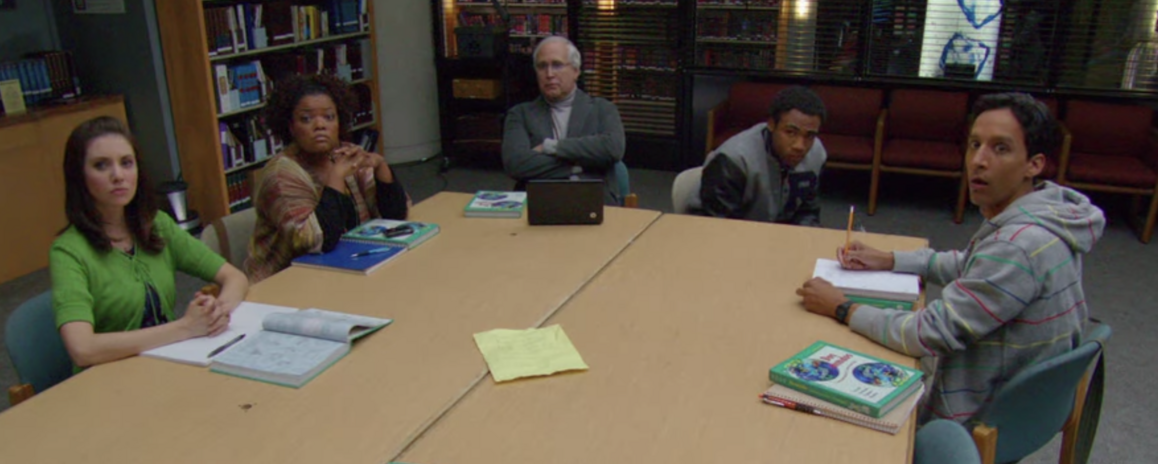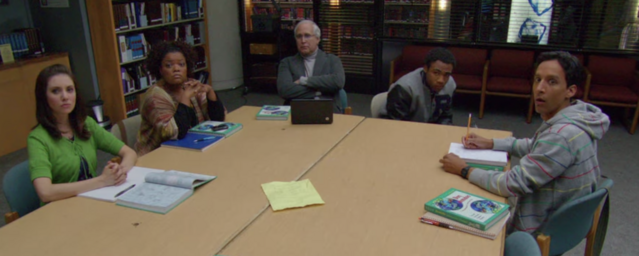Surrounded by textbook readings, study sessions for difficult exams, weekly deadlines, and dreadful papers and projects, academic obligations can leech the joy out of learning. In small doses, learning about interesting and niche topics can be so refreshing. Personally, I’m a big fan of random trivia–the rise and fall of dinosaurs, Vietnamese proverbs, anthropology of ancient societies–I want to be a jack of all trades when it comes to knowledge, I want to engage in a little bit of everything. How one does that as a busy college student, however, remains the major question that yields no easy answer.
Reading for pleasure sometimes feels like a chore rather than an active pursuit of learning new things, especially when school already requires so much reading. Any free moment feels like a Pavlovian-conditioned signal for a nice nap or a good session of phone-scrolling. Sometimes, I find myself scheduling a moment in the week just to respond to text messages. Because I, according to my constant mantra, have no time to do anything, I also put this strange expectation on the books I do pick up to be extremely good: Any slight notion of a book being a waste of time means I won’t pick it up again. Being so drained also makes it hard to feel engaged with what I read. Nonetheless, I try to think of reading less as a goal that I have to achieve and rather as more of a benefit that begins with just one page. Opening the book is half the battle sometimes, and even if the book is not a good match for me, I can still appreciate a quote or two and move on with no hard feelings. While nonfiction books are the quickest route to learning something new that pertains to personal interest, I think that reading any book, essay, or prose can help me learn about someone or more deeply understand their thinking. Not finishing a book still means I started it.
Self-doubt about one’s intelligence can also add a negative connotation to knowledge, making it feel “required”. Comparisons to peers can feel like a confirmation of my negative self-perception of my intelligence level. A common betrayal occurs when I put a lot of effort into studying or writing a paper and end up not getting a good grade. Stepping out of this academic mindset is difficult when constantly entrenched in academic obligations. “Impostor syndrome” is basically a buzzword now with how many students relate to it and how often we use it, and so I try to give myself a pat on the back for simply being where I am now. Younger me would be proud, so present me should also extend this grace. I try to equate challenges I face as a proxy for building my capabilities rather than a series doomed for failure.
The unfortunate thing about the type of existence where knowledge feels like a burden is that chronic stress can be very detrimental. Stress is so stressful: thinking about how stressed I am is stressful in itself. When our human stress response is more active than it is not, pressure is put on our immune systems. Reflecting on our stress can bring about cynicism and a yearning for the end to this helpless cycle: There is always something to worry about, even once one stressor is struck down, and we are literally impairing our bodies, little by little, as a result. Maybe it’s too optimistic of me, but I find repair in learning about people and enjoying the endless intellectual reward of connecting with others. Having a simple conversation can leave me feeling refreshed. It can alleviate loneliness and feels like an exchanging of minds in a way that makes me appreciate people for sharing a moment with me. This type of learning is very beneficial and rewarding in a way that alleviates the self-imposed idea that knowledge must be empirically and profoundly “intelligent”.
One way I like to see things is that knowledge is found anywhere, sometimes in the most arbitrary experiences. It lies in my random menswear knowledge after working at Men’s Wearhouse for almost a year, in speaking to a used bookstore owner about our shared interest in dinosaurs, in chatting with a stranger at the sinks in the women’s bathroom, and in getting boba after meeting someone new. Everyone is living their first and only life, and we’re all perpetually learning. Academics can restrict the fun in learning, but rethinking how learning can be enjoyable can take away from chronic stress. There’s no solid answer for how to actually achieve this, but in its simplest form, knowledge is endless and when thought of without hierarchy, it’s more accessible and more rewarding.


